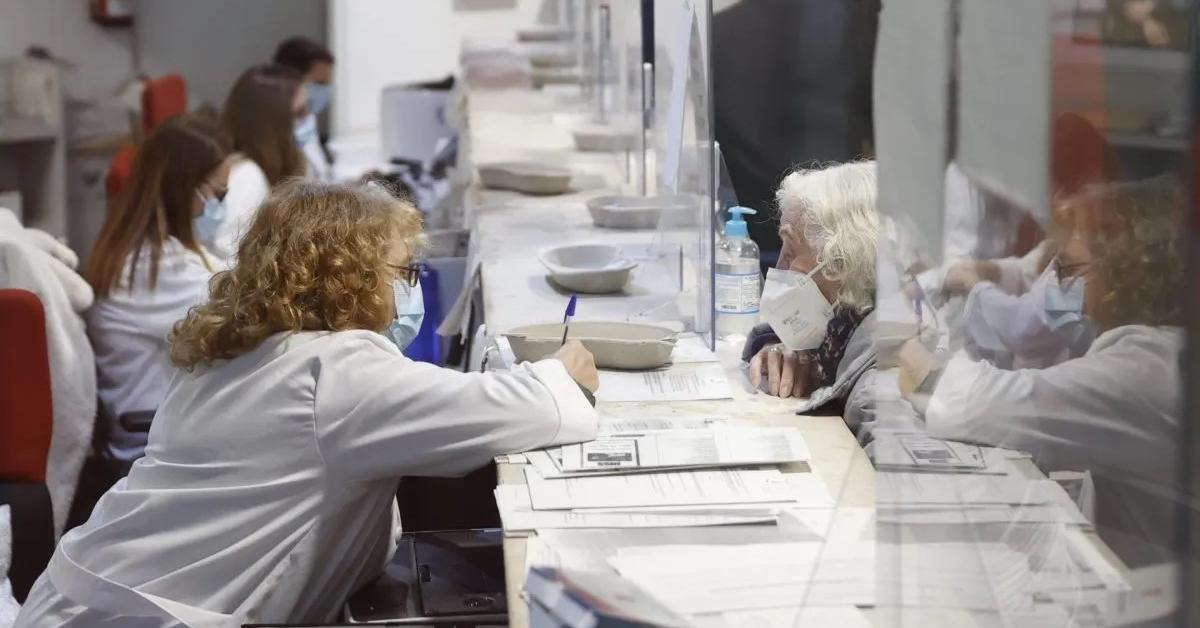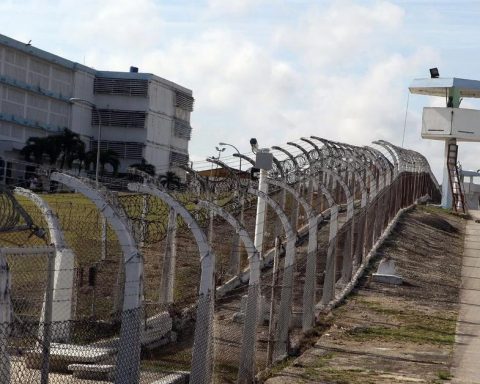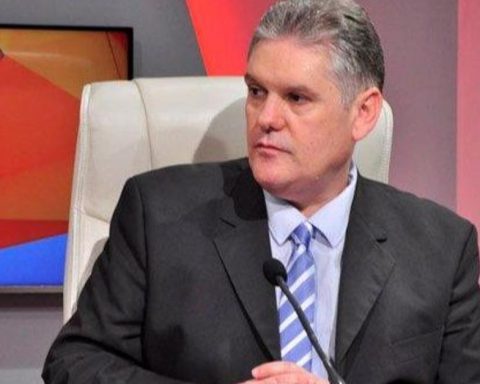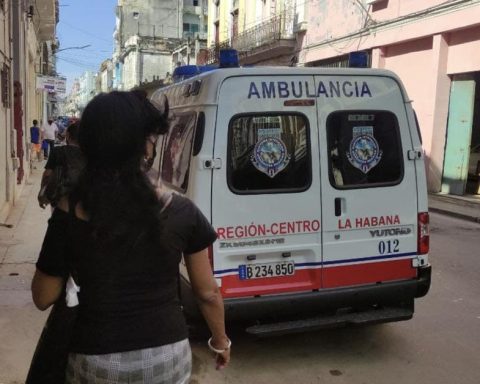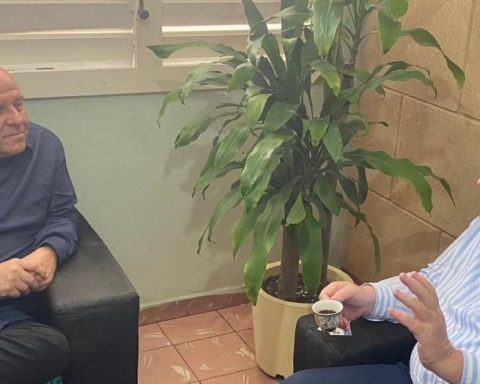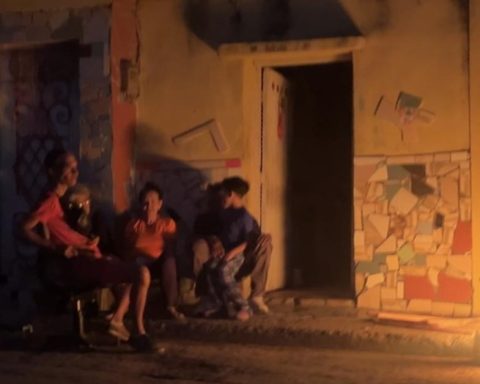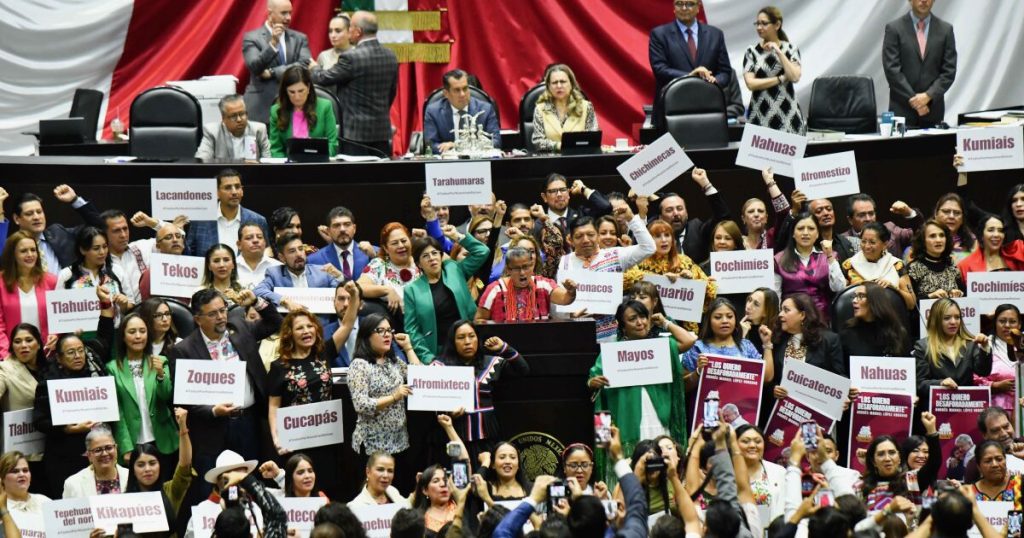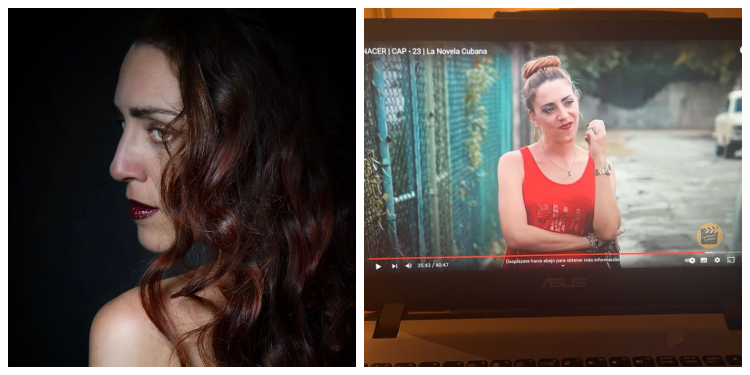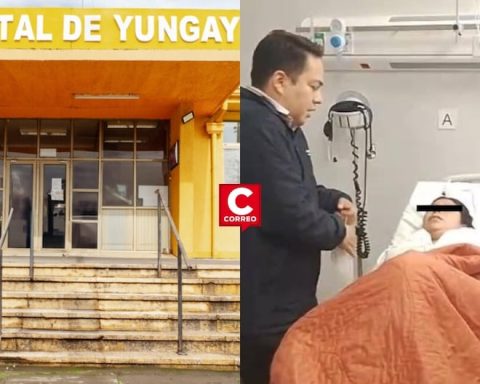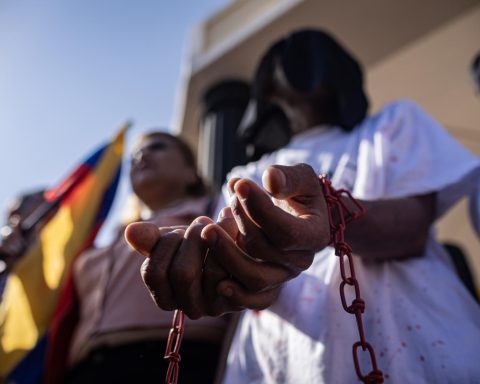Madrid/Cuban doctors living in Spain have declared war on the bureaucratic bottleneck of the Ministry of Universities, which prevents the validation of their degrees within reasonable timeframes. Doctors complain that it takes an average of two or three years to carry out this validation, when the law establishes six months to resolve it. For this reason, the Cuban Homologation Movement in Spain and the Association of Cuban Doctors in Spain have intensified their demands in the last year and this Wednesday they will protest before the Congress of Deputies demanding solutions.
The work has been piling up for too many years now, which is why the Government approved in 2022 the obligation to process it online, thinking that this would speed up the procedures. Although according to the Homologación Justa Ya platform, the first year saw a significant reduction (from 50,677 applications in 2022 to 34,221 in 2023), the ease of submitting the documentation has also increased the number of files, so that by the end of that year 45,000 had already accumulated again. Too many cases for the same number of officials in charge of managing them.
Although the General Secretariat of Universities issued a recommendation in February of this year ordering that the files of legal Spanish or European residents be processed “through a specific route that allows for rapid integration into the labour market”, the agony continues. According to the platform Homologación Justa Ya, between all professions there could be more than 100,000 stalled files.
The Cuban Homologation Movement in Spain has been talking about an arbitrary halt in applications for a year now
Cuban doctors need to provide four documents to have their degrees recognised in Spain: their degree, a certificate of grades, their work history and a certificate guaranteeing that they are authorised to continue practising their profession, all of which is legalised by the Ministry of Foreign Affairs. However, health workers complain that the Cuban government systematically denies them the document referring to their professional career, which lengthens the timeframes. In the Facebook group Cuban Doctors in Spain, members advise starting the process of homologation before living in the European country and “looking for a lawyer”, because the State is obliged to provide everything that is requested.
There is a rumour circulating among them – supposedly based on officials from the Ministry of Universities – that Spain is considering stopping requiring this document in light of the deliberate delays of the regime, but there is nothing officially known about it. The Cuban Homologation Movement in Spain, on the other hand, speaks of an arbitrary halt in the applications of doctors from the island for a year, referring to “a review at the source” by the Ministry.
“This selective and systematic discrimination not only violates the professional rights of these doctors, but also seriously affects the Spanish health system, which currently faces challenges in providing medical staff and long waiting lists, which directly impacts patients and their families,” they denounce in a statement.
Cubans, like other non-EU workers, can join the national health system in two ways: either by taking the entrance exam to become a MIR (Medical Resident Intern), or through temporary contracts if the various autonomous communities – which have health responsibilities – allow it, but in both cases it is strictly necessary to have a recognised qualification.
According to the Community of Madrid, there are more than 7,100 foreign doctors in that region alone.
According to the Community of Madrid, there are more than 7,100 foreign doctors in that region alone, the majority of whom are Cuban, Venezuelan and Argentine, so its Minister of Health, Fátima Matute, has urged the national government to speed up the procedure. “Likewise, we ask you to help resolve the situation of Cuban doctors residing in Spain who have an approved degree, but who cannot practice because they lack the certificate of qualification that the Cuban government denies them,” she wrote in a letter addressed to Mónica García, Minister of Health.
The Ministry of Health approved this year a extraordinary call to certify non-EU specialists through specific examinations held in the first quarter of the year, although to do so they had to have already validated their general medicine degree.
In 2020the worst year of the covid-19 pandemic in Spain, the Ministry of Universities approved the degrees of 134 Cubans –one of the nations with the most resolved files, after Venezuela and Colombia–, 82 of them during the state of alarm that was in force between March 15 and May 9 of that year, according to the department’s statistics provided to 14ymedioA year later, in 2021, 564 doctors and 39 nurses of Cuban origin joined the Spanish healthcare system, according to data from the Organisation for Economic Co-operation and Development (OECD) after obtaining the relevant approvals.
